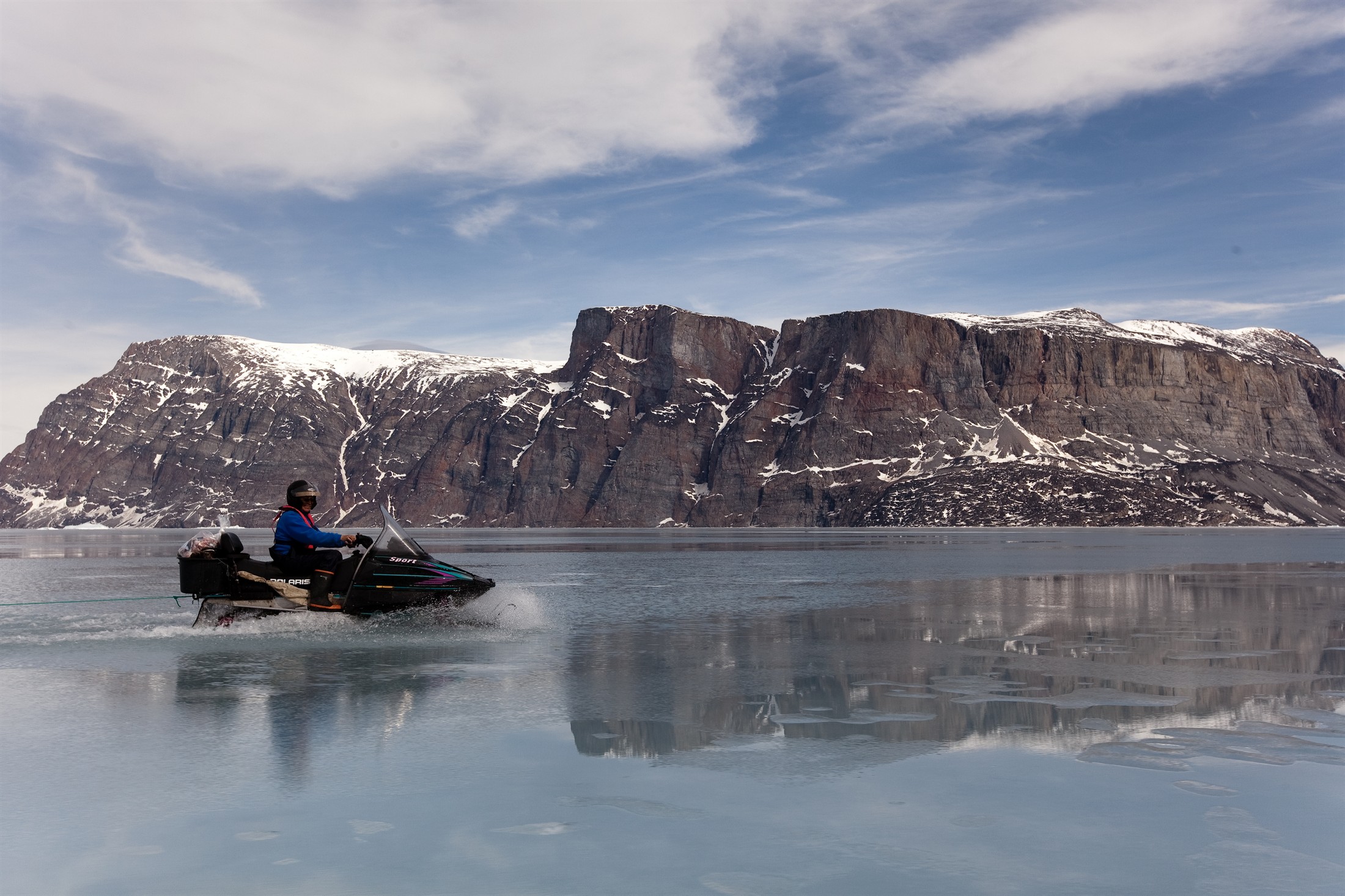The effects of global warming are believed to be extensive. Estimating the precise effect is not possible as there as several unknowns in the equation so this should be regarded as best available estimates rather than facts.

The International Panel on Climate Change (IPCC) predicts that global warming will continue to grow and get worse much faster than was expected. Effects of a rise in global temperature are severe.
Warm and dry countries will become even drier and warmer often severely challenging the local population and making water an even scarcer commodity than it is today. Countries within most continents are likely to be affected by this but most prominently large regions of Africa. This will add to political unrest and some scientist have estimated that large migrations of people to north may follow as regions of the globe will no longer be available to sustain its current population.
The list below includes some of the estimated effects:
- Most places will continue to get warmer. The temperature change will benefit some regions while harming others. Globally mortality will rise and food supplies will be scarcer due to more frequent heat waves.
- Weather patterns will continue to change and intensify. Stronger floods and droughts where wet regions will get wetter and dry regions dryer. Extreme weather events will become more frequent and worse. Glaciers and winter snow will shrink endangering many water supply systems.
- Sea Levels will continue to rise for many centuries. Rising sea levels will endanger many of the worlds largest city's in the world including cities like New York to Shanghai. Thirteen of the world's fifteen largest cities are on coastal plains.
- Ecosystems will be stressed. Some managed agricultural and forestry systems may experience a short time gain while long time effect may be drastic. Species in the Arctic, mountain areas
and in the seas will move towards more habitable climate and species that can not move, like the polar bear, will face extinction. Furthermore tropical diseases and pests will spread to other regions. Many of these problems have been observed already in numerous places. - Increasing carbon dioxide levels will affect biological systems. This may affect the fertilization of plants. The oceans will continue to become more acidic, endangering coral reefs and affecting the fisheries and other marine life.
Source: Spencer R. Weart
Here below you can watch "Observations on Climate Change in the Arctic by WWF
[http://www.youtube.com/watch?v=Jak1pExql0U]
